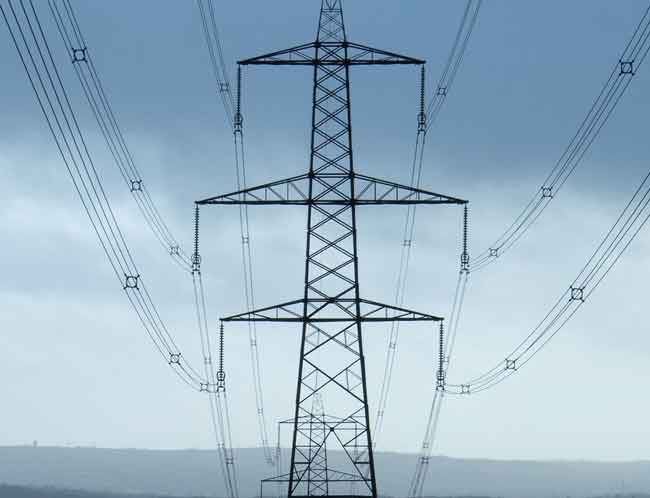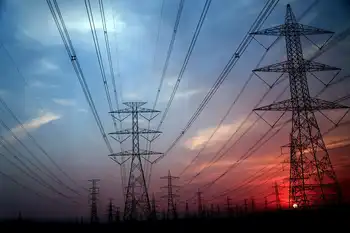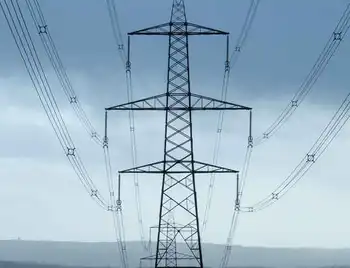Clean energy to create more jobs than coal: study
By Reuters
CSA Z463 Electrical Maintenance
Our customized live online or in‑person group training can be delivered to your staff at your location.

- Live Online
- 6 hours Instructor-led
- Group Training Available
The study, by environmental group Greenpeace and the European Renewable Energy Council (EREC), urged governments to agree a strong new United Nations pact to combat climate change in December in Copenhagen, partly to safeguard employment.
"A switch from coal to renewable electricity generation will not just avoid 10 billion tons of carbon dioxide emissions, but will create 2.7 million more jobs by 2030 than if we continue business as usual," the report said.
Governments were often wrong to fear that a shift to green energy was a threat to jobs, said Sven Teske, lead author of the report at Greenpeace. He said that the wind turbine industry was already the second largest steel consumer in Germany after cars.
"Renewable power industries can create a lot of jobs," he told Reuters of the outlook for solar, wind, tidal, biomass — such as wood and crop waste — and other renewable energies in power generation. "This research proves that renewable energy is key to tackling both the climate and economic crises," said Christine Lins, Secretary General of EREC, which represents clean energy industries.
Assuming strong policies to shift to renewables, the study projected that the number of jobs in power generation would rise by more than 2 million to 11.3 million in 2030, helped by a surge in renewables jobs to 6.9 million from 1.9 million.
Under a scenario of business as usual, the number of jobs in power generation would fall by about half a million to 8.6 million by 2030, hit by mainly by a decline in the coal sector due to wider mechanization.
Teske said that the report was not advocating creation of millions of jobs in uncompetitive labor-intensive clean energy industries propped up by government subsidies.
"Renewables must be competitive in the long run," he said. Labor costs would be higher but costs to drive a renewable power industry would be lower, for instance, in a world where it cost ever more to emit carbon dioxide from fossil fuels.
The report said that, for the first time in 2008, both the United States and the European Union added more capacity from renewable energies than from conventional sources including gas, coal oil and nuclear power.
The report suggested the wind sector alone, for instance, could employ 2.03 million people in generating power in 2030 against about 0.5 million in 2010.
"The union movement, as well as the authors of this report, believe ambitious climate action by world leaders can and must be a driver for sustainable economic growth and social progress," Guy Ryder, General Secretary of the International Trade Union Confederation, said in a statement.
The report was based partly on research by the Institute for Sustainable Futures at the University of Technology Sydney.











